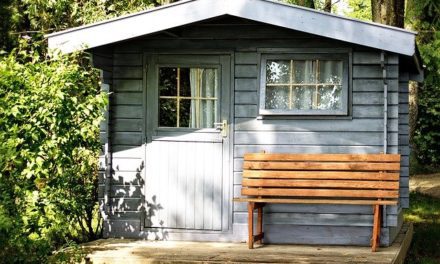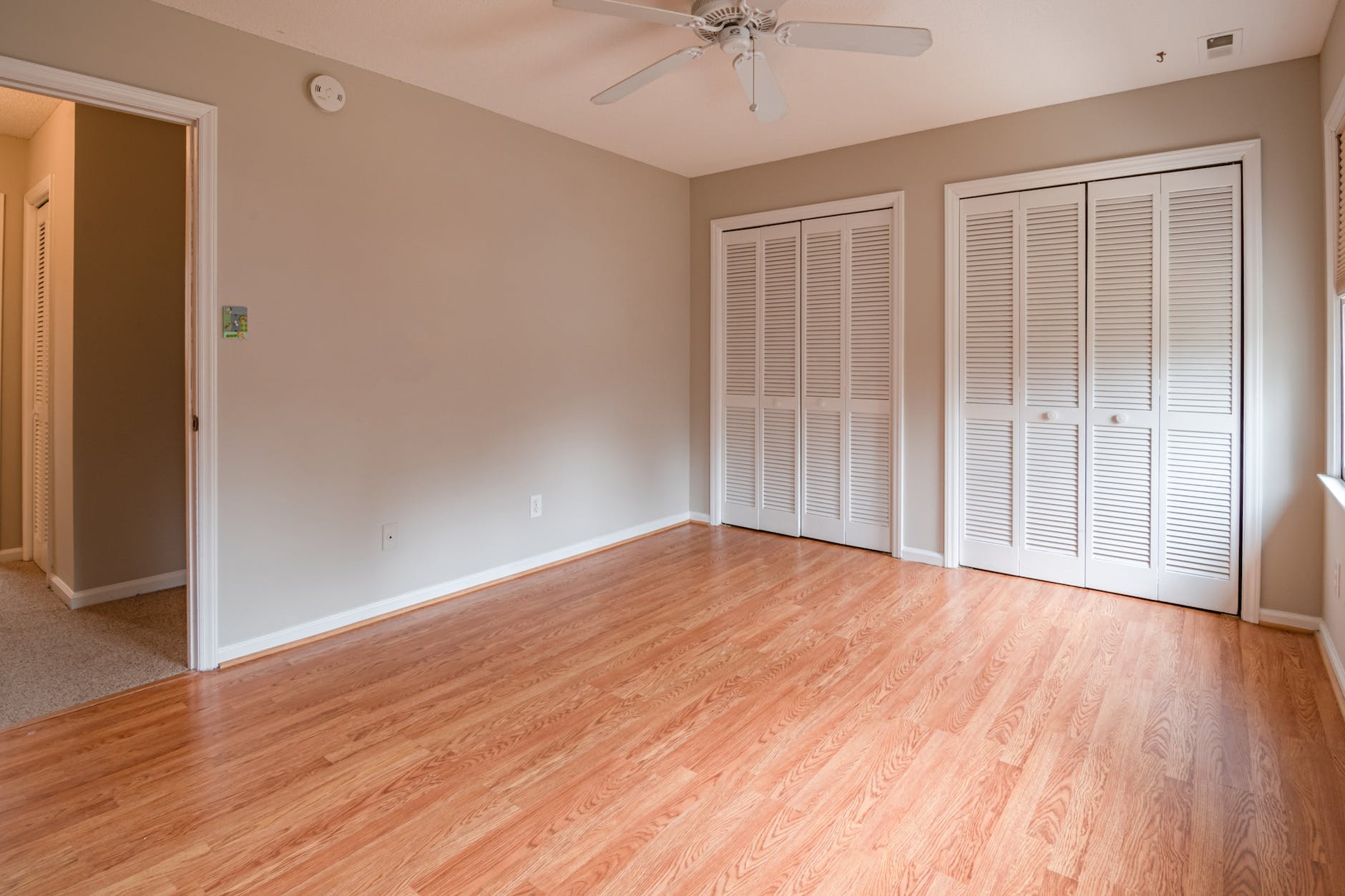AD – This is a collaborative post
It’s fair to say that 2020 has been quite the challenging year! When we raised our glasses to hopes and fears last New Year’s Eve, I don’t think anyone could have fully anticipated just what 2020 had in store for us, from both a health and social perspective but also an economic one. The UK economy is facing more challenges than ever before (at least in my lifetime), and one of the methods introduced this year to try and counteract this was the reduction of stamp duty. If you are a family who is considering moving to a bigger house at some point in the not too distant future, is now the time to do it? Should you move house in 2020?
What is the deal with Stamp Duty in 2020?
When moving house, stamp duty is normally one of the largest expenses you need to budget for. Pre lockdown stamp duty had been 2% for houses between £125,001 and £250,000 and 5% between 250,001 and £925,000. That’s £5000 on a £250,000 house and a huge £25,000 on a £500,000 house. As such, when weighing up the cost and the benefits of moving, the stamp duty often made it too difficult to justify. Like many families across the UK, we opted to stay where we were, as the cost of stamp duty and solicitors fees became too bigger an expense for us to cope with.
Since the beginning of July, the government implemented huge reductions in stamp duty to try and help maintain the UK economy. Stamp duty is now free for houses under £500,000 and will be until the 31st March 2021.
So is now the time to move? Or does the added uncertainty around job security, long term interest rates and the unpredictable future with COVID-10 make it still an unachievable goal?
It’s not just the stamp duty expenses you need to think about. Here are just some of the other main expenditures you need to consider when moving house.
Moving House Expenditure
Mortgage Arrangement / Mortgage Fees – Unless your current mortgage is portable (can be transferred between properties), you may have to pay mortgage arrangement fees to move to a new mortgage policy or provider. These can vary considerably, but generally start at around the £1000 mark.
You may also want to consider
mortgage protection insurance – a type of life insurance that is designed to cover the cost of your family home in the event of your death. There are two different types available – level term (which pays out the same amount throughout) or Decreasing term – which is generally cheaper as the payout decreases with the repayments you make on your mortgage. Whilst long term job security is unpredictable at present, having insurance like this will ensure that your loved ones would still have a roof over their heads if anything was to happen to you.
Solicitors Fees / Legal Fees – Another expense is the conveyance solicitors (such as this
Manchester Conveyancing Solicitor) who need to ensure all the relevant paperwork is received and processed in terms of your property purchase, and depending on the age and value of your new home, there can be added complications like land surveys, right of access searches etc that can ramp up the cost. Your legal representative will also manage the crucial transfer of funds, so it’s important to find someone with a good reputation. Look for recommendations of local solicitors that can balance both cost and quality.
Removal Costs
Unless you have a mate with a van or are willing to rent one and do the heavy lifting yourself, removal companies also need to be factored into your moving house budget. You may also want to look at temporary storage if you aren’t exchanging and completing on the same day, and this too can soon add up. Remember that the benefit of using a removal company is that the items insured! They may also help with packing materials too. If you are doing it yourself, keep an eye on the local
facebook groups for large boxes or packing items that people are getting rid of. I’ve seen lots of big boxes being shared on marketplace recently.
Mail Redirection
If you run a business from home or receive a lot of mail you may want to look into mail redirection services which will redirect any post sent to your old address to come to your new one instead. Whilst the costs aren’t huge it’s just one more thing to think about!
So will we move in 2020?
Sadly the chances of us moving in 2020 are virtually nil. My partner lost his job and our family income is significantly reduced, so it would take far more than the stamp duty reduction to make it an affordable option for us.
My only advice would be to do a bit of a budget first and check that you can really afford to make the move. Lets see what the start of 2021 brings!
Related



















































